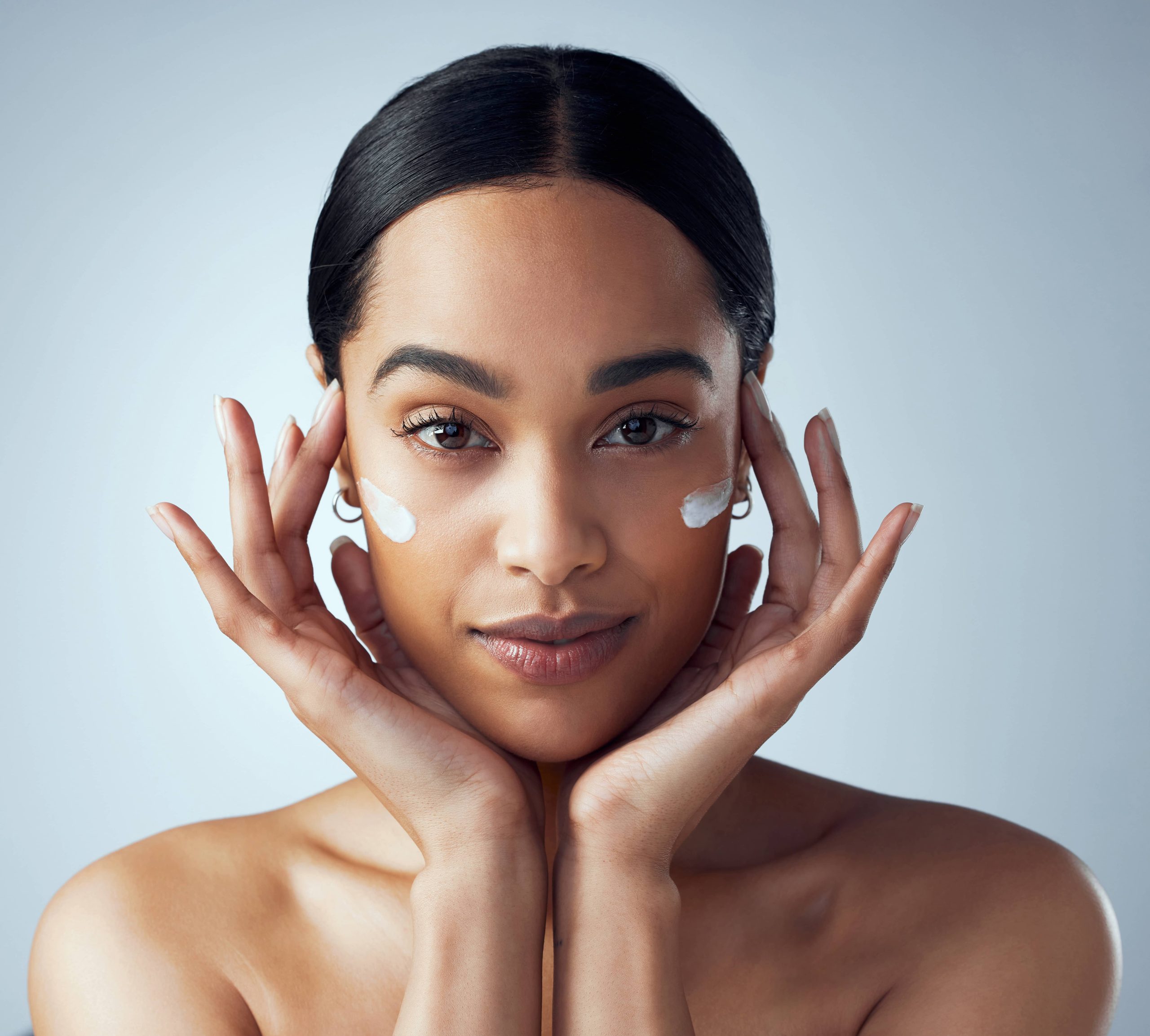
As a beauty blogger, I often receive questions about the best skincare products, the latest trends, and innovative treatments. While these topics are incredibly crucial, there is one fundamental aspect that is often overlooked but incredibly essential for radiant, healthy skin: sleep. Just like your body, your skin undergoes repair and rejuvenation while you sleep. Ignoring this vital process can lead to dullness, breakouts, and even premature aging. Let’s dive into how improving your sleep can work wonders for your skin health and some practical tips to enhance your beauty sleep.
Understanding the Connection Between Sleep and Skin
Before we delve into the tips, it’s essential to understand the relationship between sleep and skin health. During deep sleep stages, your body boosts blood flow to the skin, increases collagen production, and repairs damage caused by environmental aggressors like UV rays and pollution. Adequate sleep, typically 7-9 hours for most adults, is crucial because:
1. Increased Blood Flow: Enhanced blood flow delivers essential nutrients and oxygen to skin cells, promoting a healthy glow.
2. Collagen Production: Sleep bolsters collagen production, a critical protein that maintains skin elasticity and prevents sagging.
3. Reduced Stress Hormones: Quality sleep lowers cortisol levels, reducing inflammation, breakouts, and even the risk of conditions like eczema or psoriasis.
4. Improved Hydration: Sleep supports the balance of moisture in your skin, which is vital for maintaining plumpness and fighting off dryness.
Understanding these processes highlights why prioritizing sleep is perhaps the most holistic approach to skincare. With this knowledge in mind, here are some actionable tips to help you maximize your beauty sleep and, in turn, enhance your skin health.
Tips for Improving Your Sleep – and Consequently, Your Skin Health
1. Create a Consistent Sleep Schedule
Your body thrives on routine, and maintaining a consistent sleep schedule helps regulate your body’s internal clock known as the circadian rhythm. By going to bed and waking up at the same time every day, including weekends, you optimize the quality of your sleep. This rhythm ensures that your skin cells undergo their repair and rejuvenation processes efficiently.
2. Cultivate a Relaxing Bedtime Ritual
A relaxing pre-sleep routine signals to your body that it’s time to wind down, promoting restful sleep. Consider activities like reading a book, taking a warm bath, or practicing mindfulness meditation. Avoid stimulating electronics at least an hour before bed, as the blue light emitted can interfere with the production of melatonin, the sleep hormone.
3. Optimize Your Sleep Environment
Your bedroom should be a sanctuary for rest. Keep it dark, cool, and quiet to promote better sleep. Investing in blackout curtains, a white noise machine, and a comfortable mattress can make a significant difference. Additionally, incorporating aromatherapy with calming scents like lavender or chamomile can enhance relaxation and improve sleep quality.
4. Pay Attention to Your Diet
What you consume during the day can impact your sleep quality at night. Avoid caffeine, nicotine, and heavy meals close to bedtime. Instead, opt for a light snack containing sleep-inducing nutrients such as tryptophan, magnesium, and melatonin found in foods like almonds, bananas, and cherries.
5. Stay Hydrated – Mindfully
Proper hydration is essential for skin health, but it’s best not to overdo it right before bed to avoid disrupted sleep. Ensure you’re drinking enough water throughout the day to maintain skin hydration, but taper off your intake within an hour or two of bedtime.
6. Exercise Regularly
Regular physical activity helps you fall asleep faster and enjoy deeper sleep. Exercise releases endorphins and reduces stress hormones, contributing to better sleep and skin health. Try to finish vigorous exercise at least three hours before bedtime to let your body cool down and prepare for rest.
7. Consider Your Skincare Routine
Your evening skincare routine should support your skin’s regenerative processes. Cleanse your face to remove makeup and impurities, and then apply products that focus on repair and hydration. Ingredients like hyaluronic acid, retinol, and antioxidants work synergistically with your skin’s natural repair mechanisms. Don’t forget your eye cream to tackle any early signs of fatigue around the eyes.
8. Manage Stress
High-stress levels can lead to sleepless nights, which, in turn, negatively impact your skin. Explore stress management techniques such as yoga, journaling, or deep-breathing exercises to lower stress and improve sleep quality. Less stress means fewer worry lines and a more serene complexion.
9. Monitor Sleep Duration and Quality
Consider using a sleep tracker or smartphone app to monitor your sleep patterns. These tools can offer insights into your sleep duration and quality, helping you make necessary adjustments to improve your sleep hygiene.
The Holistic Approach to Skincare
Enhancing your skin health requires a multi-faceted approach, with sleep being a cornerstone. As we have explored, the benefits of optimal sleep extend far beyond feeling refreshed; they’re crucial for healthy, vibrant skin. By incorporating these tips into your lifestyle, you’ll likely notice a remarkable improvement not only in your skin’s appearance but in your overall well-being. Remember, beauty emerges from the inside out, and quality sleep is a significant part of that equation.
I hope this guide provides you with valuable insights and encourages you to prioritize sleep as a vital component of your skincare routine. Sweet dreams, and here’s to waking up with glowing, rejuvenated skin!



